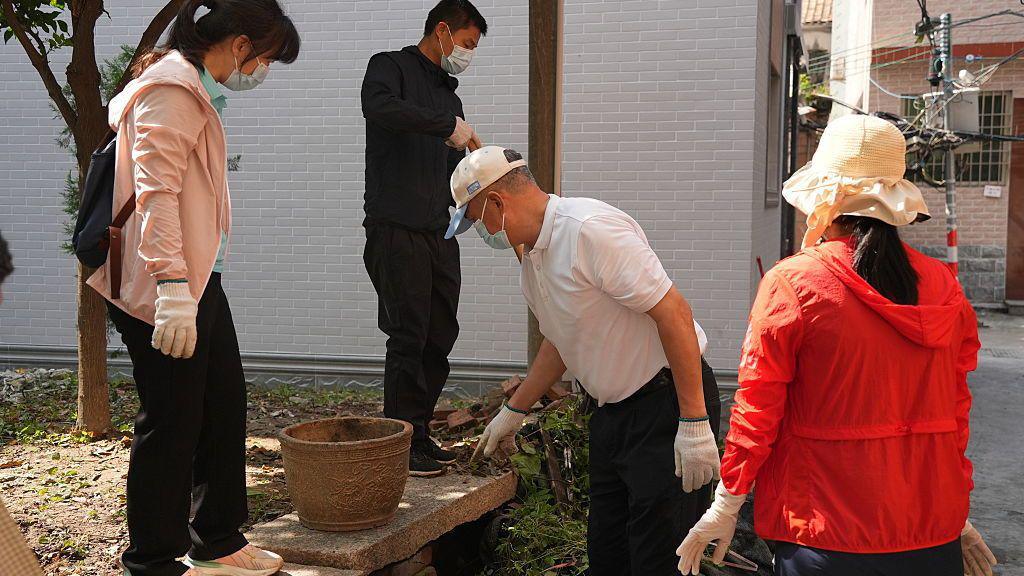Southern China is grappling with a major outbreak of the Chikungunya virus, with more than 7,000 confirmed cases reported in Guangdong Province since July 2025, Chinese health officials have confirmed.
Foshan City, the epicenter of the outbreak, has been hardest hit, with authorities enforcing strict containment and care protocols.
Infected patients are now required to remain hospitalized under mosquito netting to prevent further spread. Discharge is only permitted after a patient test negative or completes a mandatory seven-day hospitalization period.
The viral spread has not been contained to Foshan alone. At least 12 other cities within Guangdong Province have collectively reported nearly 3,000 cases in just the past week, signaling a fast-moving public health challenge.
Chikungunya, a mosquito-borne viral disease, is known for causing sudden fever and intense joint pain, often leaving patients with a stooped posture due to severe arthralgia.
According to the World Health Organization (WHO), the virus is primarily transmitted by infected female Aedes aegypti and Aedes albopictus mosquito's species also known for spreading dengue and Zika viruses.
Originating in Tanzania in 1952, Chikungunya’s name comes from the Kimakonde language, meaning “that which bends up,” a nod to the painful joint inflammation it causes. Symptoms typically appear between two to twelve days after being bitten and may include fever, muscle pain, fatigue, headaches, rashes, and nausea.
While most cases resolve within days, some patients particularly the elderly, newborns, and those with pre-existing conditions—are at risk of prolonged illness, complications, or even organ failure. In such instances, hospitalization becomes necessary.
There is currently no antiviral treatment for Chikungunya. Care focuses on symptom relief through fever reducers, pain medications, and hydration. WHO has cautioned against the use of aspirin and NSAIDs until dengue is ruled out to avoid bleeding complications.
With the outbreak intensifying, Chinese health officials are stepping up mosquito control efforts and awareness campaigns to prevent further spread. Experts warn that the virus may continue to circulate given the region’s dense population, tropical climate, and high mosquito activity.
